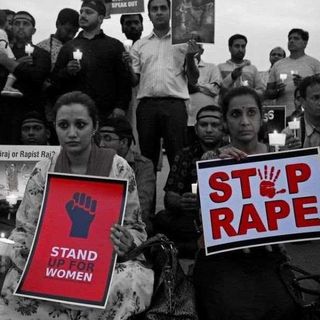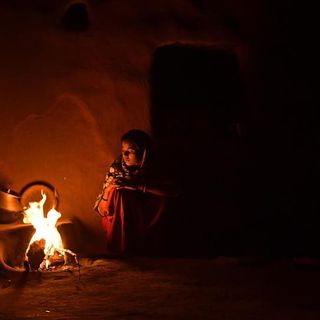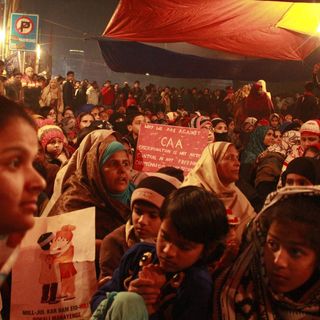In Little Big Things, we bring you stories of people who have rejected conformity and achieved success on their own terms.
Growing up, Priyadarshni, now 25, never had the chance or space to engage with politics. Her father used to talk politics at home, but it was never a dialogue with him; he would simply speak at her. While she grew up with class privilege, her parents and her grandparents hadn’t. Although she became keenly aware of this privilege through the years, it was only later that she chalked it up to sheer luck; before, she saw her place in society as “just the way it is.”
This spurred an apolitical lifestyle — “I did not attend protests. I wasn’t informed enough to have political debates. I didn’t even try to learn about politics,” she says. “Being apolitical was a reaction I had to my privileged background.”
But then the government revoked Article 370, stripping away Kashmir’s special status, imposed an internet shutdown, and deployed troops to crackdown on dissent in the state. “I did care about social issues all my life. I was always aware of what’s happening in the country. But when Kashmir happened, I realized you can’t separate [social justice values] from politics.” Even more so, she realized her political existence as a woman, after the Kathua rape case in which an 8-year-old girl from Jammu & Kashmir was abducted, raped, and murdered, spurring nationwide protests. “As a woman, it affects you personally. … Everything is politics, I get that now. You need to combat issues and you need to be involved in effecting that change.”
She started realizing the people around her would give surreal, random justifications for not rallying for social justice issues. She realized the politicians in power were not reliable. There was so much pain and trauma in Kashmir, and people went about their lives without blinking, or by providing justifications. This started frustrating Priyadarshni gradually.She knew she had to be more vocal, to play an active part in advocating for the issues she had always cared about, but had never looked at from a political, or a political resistance, angle.
Related on The Swaddle:
How the NRC-CAA Will Affect Women, Transgender People and People With Disabilities
“Now, I actively look for sources of information around issues I care about and just share and share and share, until either someone listens to me, or blocks me,” she says. “I don’t think I’m okay with being silent anymore.” Priyadarshni says one of the biggest challenges to asserting her political agency in society has been dealing with mental health issues, which in the past have proven to be a deterrent to caring about political issues,along with reckoning with her privilege. But, she adds, “I’m definitely in a good place now to handle it. I don’t let myself feel guilty and [I] take a break and come back to it. At least my friends have realized they can’t expect me to be quiet about it; I try to push the boundaries without being arrogant about it.”
Regarding the shift in her political inclinations, she says, “You don’t realize you’re privileged at first. You need to unlearn that — it comes from active listening.” Priyadarshni adds, “I’m a privileged woman who can afford safer modes of transport. I’m a Hindu, so the NRC-CAA will probably not affect me. I’m not a Kashmiri. None of what’s happening in the country right now affects me, but the realization of this privilege has reached. My family still doesn’t have it — sure, they’ve fought to get where they are, but their current privilege gives them a safety net.”
As for her current mode of political activism, Priyadarshni says the anti-NRC-CAA protests have been eye-opening. “With respect to protests, while I thought the idea was powerful, I did think not many people are going to show up so then I won’t show up — which is weird because you are contributing to the smallness of the protest by not going.” She was also worried protest spaces would be unsafe for women and expected to be groped in one of them. But when she attended several anti-NRC-CAA protests in Mumbai, she not only realized her safety but also that “everyone is chained together with one purpose: fighting with conviction against an oppressive policy. … I didn’t expect that.” Priyadarshni adds she can now see the effect protests can have, with people from all across the country responding to the call to stand up for the students of Jamia Millia Islamia and Jawaharlal Nehru University beaten up by the police and Akhil Bharatiya Vidyarthi Parishad goons and standing up against the NRC and CAA. She now believes stepping out and showing up on the ground is paramount to this fight. Internet activism is good, but it’s definitely not enough.
“For me, it’s understanding I’m lucky and there are people who are not. The longer you stay quiet, the more you reinforce a system that is very clearly not equal. And for me, it’s a question of do I want to be a part of that and stay quiet and reap its benefits, or not,” she says. “It might be a very naive way to see things, but you have to try, right?”




